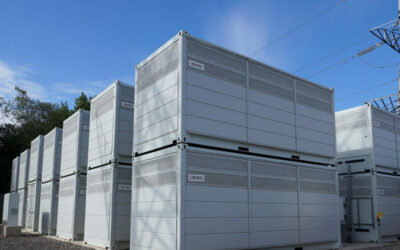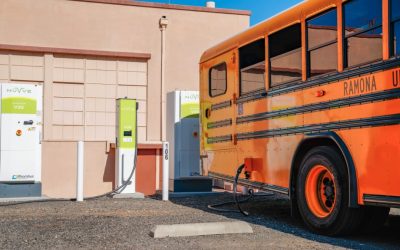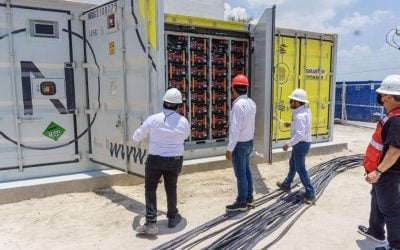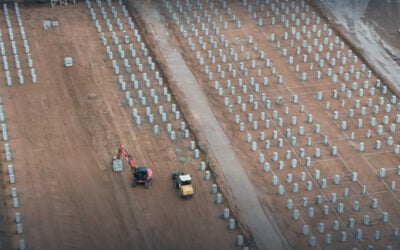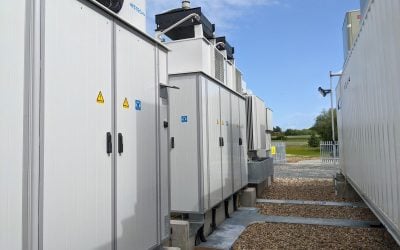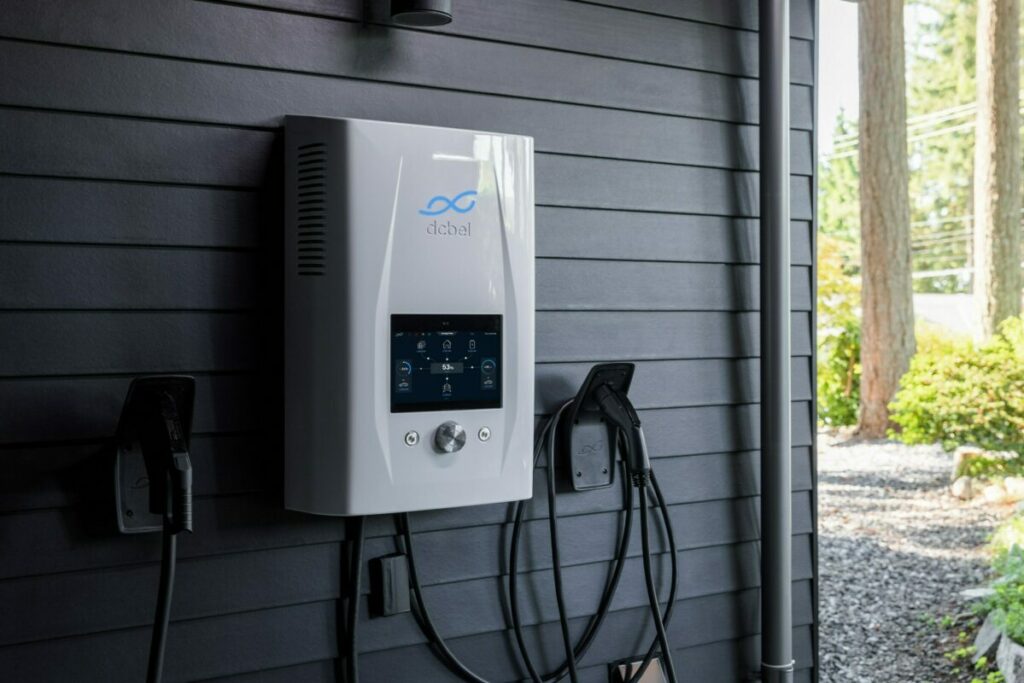
BMW has partnered with a California utility to test out vehicle-to-X technologies, while fellow carmaker Volvo has invested in a bi-directional charging solutions provider.
Pacific Gas & Electric (PG&E), the biggest of the state’s big three investor-owned utility (IOU) companies, announced last week that it is collaborating with BMW of North America to test the various technology use cases that bi-directional charging can enable.
Enjoy 12 months of exclusive analysis
- Regular insight and analysis of the industry’s biggest developments
- In-depth interviews with the industry’s leading figures
- Annual digital subscription to the PV Tech Power journal
- Discounts on Solar Media’s portfolio of events, in-person and virtual
Or continue reading this article for free
That includes using the batteries in electric vehicles (EVs) as a resource to help the utility and others like it manage demand on the grid, and maximise the adoption of renewable energy (vehicle-to-grid or V2G), as well as for homeowners to be able to use their cars as back up power sources if they experience a grid power outage or other service disruption (vehicle-to-home, or V2H).
With 40% of all EVs in the US thought to be on Californian roads, the state makes a good test bed for the different use cases that make up vehicle-to-X (V2X), with a senior PG&E representative stating that V2X can be used to create virtual power plants (VPPs).
“Clean-powered EVs are vital to the battle against climate change. Using V2X technology to create virtual power plants from EVs can help utilities like ours meet peak electricity demand without the need for non-renewable energy resources,” PG&E VP of utility partnerships and innovation Aaron August said.
“With smart, managed bi-directional charging, we can decarbonize our planet at a lower cost to our customers.”
The pilot project with BMW is assessing what the optimum mix and strategy is for homeowners to leverage stored energy in car batteries, versus drawing power from the grid. For instance, the EV can be charged from the grid at times when the proportion of renewable energy in the generation mix is highest, and be discharged to support the domestic electricity load.
PG&E claimed that results already show that V2H-connected EVs can double the amount of renewable-generated electricity a household can consume on an average day. The pilot will also test various different scenarios a connected vehicle and home might experience.
The pilot extends a collaboration between the pair that has already seen BMW EV drivers in PG&E’s service area get incentives for smart charging their cars at times of day that align with higher renewables production.
That collaboration began in 2015 and with the start of vehicle-to-X testing will continue until March of 2026. As part of the next ongoing step, BMW will develop a test fleet of EVs which are suitable for V2G functions.
In April, California senator Nancy Skinner testified to the state Senate Energy, Utilities and Communications Committee in support of legislation that would require the majority of EVs and charging equipment in California to be equipped with bi-directional charging capabilities.
The state already has a mandate in place that by 2035 all cars sold in California need to be electric, with sales of new internal combustion engine (ICE) cars to be banned.
Volvo Cars invests in bi-directional charger maker dcbel
Swedish automaker Volvo Cars has made an undisclosed investment into Canadian home energy management company dcbel.
Volvo Cars has made a strategic investment in the Montreal-headquartered home energy technology provider. The funding will enable the acceleration of dcbel’s R&D and commercialisation activities, with a focus on the dcbel r16 Home Energy Station, a bi-directional EV charger.
Designed to be paired with onsite rooftop solar PV, the device’s software can automate the management of the home’s energy demand with dcbel claiming that means it can “seamlessly” reduce homes’ environmental impact and cost of running.
That includes smart charging to maximise renewables usage and lower cost, as well as optimising charging schedule to tackle ‘range anxiety’, offer blackout protection, and enable export of power to the grid, which can earn homeowners money.
The company also talked up its V2G capabilities, with the r16 allowing for fleets of car batteries to be aggregated into VPPs.
It is perhaps important to note that Volvo Cars is now a separate entity to Volvo Group, as regular readers of this site might recall the launch of a battery energy storage system (BESS) sub-system product through Volvo Group a couple of months ago.
“Home Energy Management Systems will play a vital role as we move towards bi-directionality of electric vehicles. Rising energy prices coupled with frequent blackouts are challenges faced by consumers today and our investment in dcbel and their technology can help alleviate those challenges for our customers,” Alexander Petrofski, CEO of Volvo Cars Tech Fund, the VC arm of the car company which invested in dcbel, said.
Read more of Energy-Storage.news’ coverage of developments in the vehicle-to-grid space.

